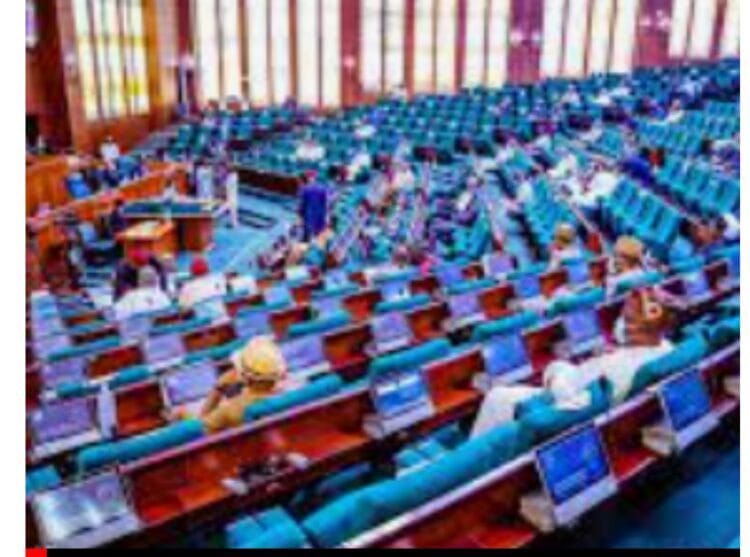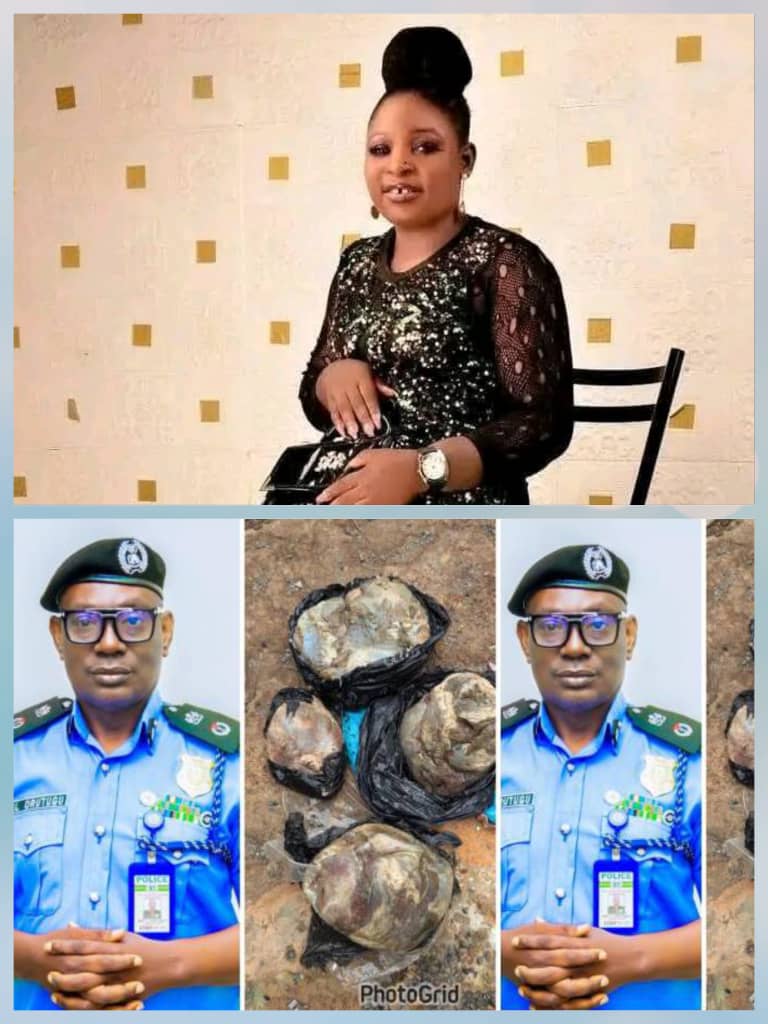A total of 305 memoranda and 112 bills were submitted to the House of Representatives Committee on Constitution Review, Deputy Speaker, Benjamin Kalu disclosed in a statement on Friday.
This is just as the Senate President, Godswill Akpabio, assured all of the readiness of the 10th National Assembly to produce a constitution capable of meeting the collective needs of Nigerians.
Akpabio gave the assurance on Friday, in Ikot Ekpene, Akwa Ibom State while delivering his remarks at the beginning of a two-day retreat of the House of Representatives Committee on the Review of the 1999 Constitution.
Akpabio charged federal lawmakers of both chambers to be diligent in the ongoing review of the constitution, stressing that every bill and proposal must receive the needed consideration.
A statement issued on Friday by the Chief Press Secretary to the Deputy Speaker, Levinus Nwabughiogu, quoted the 36 Speakers of State Houses of Assembly and the government of Akwa Ibom State as pledging their support for the establishment of state police, resource control, and decentralisation of power, among others.
The statement also quoted Akpabio as saying that the new constitution that will emerge will create a framework for a prosperous Nigeria.
“I believe that at the end of the day, the Senate and the House of Representatives will create a blueprint that guides us towards a more united and prosperous Nigeria. This journey has just begun in this retreat.
“The challenges before us are significant, but so are the opportunities. This opportunity is to ensure that all the bills we consider and comprehend are fair and reflective of the aspiration of the Nigerian people.
“We must take into account the diverse perspectives and experiences that make up our great nation. By doing so, we lay a solid foundation for a constitution that truly represents the hope and dreams of every single Nigerian alive,” Akpabio said.
The Senate President also urged Nigerians to take advantage of the constitution amendment exercise to bring about a renewed focus for the country.
“Let us rise up to this duty and answer our country’s call, particularly at a time when we have a Vice President and President and even the wife of the President as former legislators. This is the right time for us to shape the future of our country through legislation,”Akpabio added.
In his address, Kalu who doubled as the Chairman, House Committee on Constitution Review highlighted areas of top priority for the exercise.
He listed local government autonomy, judiciary, electoral matters, state police, gender, human right issues among others as areas Nigerians are demanding amendment or alteration to the constitution.
Recall that the committee has held a series of public engagements from its pre-inaugural meeting to the unveiling of sub-committees on work plan development, the inauguration of the committee, the call for memoranda, appointment and inauguration of consultants, retreat of the secretariat and consultants of the House; a joint committee secretariat and consultants of both the Senate and the House and setting a timeline to achieve the first set of amendment by December 2025.
Throwing more light on the issue,Kalu stated that the thematic areas have been shared to various experts in line with their disciplines and competence.
According to him, local government matters will be handled by Prof Nuhu Jamo, the judiciary assigned to Barr Mike Osuman (SAN); electoral matters to Samson Osagie; state police to Usman Ibrahim; gender issues were given to Prof Anthonia Simbine; human rights issues to Chris Uche (SAN) and special matters to Prof Yusuf M Yusuf.
“Our consultations will extend to the judiciary, election stakeholders, women groups, traditional rulers, and civil society organizations, among others, and presently, we have received 305 proposals from Nigerians, and 112 bills sponsored by members are at various stages of consideration in the House. These memos have been analysed by the committee consultants, and a report will be presented to the members during the course of these deliberations.
“We will also engage the citizens from across Nigeria’s six geo-political zones and will cap our consultations with a national public hearing in Abuja before the end of 2024.
“The committee will now be presented with the outcome of the review of the bills and memos received.
“Furthermore, the constitutional amendments are instrumental in achieving better economic outcomes by modernising legal frameworks, enhancing institutional capacity, better enhancing Nigeria economic potentials, addressing emerging economic challenges and facilitating inclusive development.
“Constitutional amendments have become imperative for a couple of reasons including the need to adapt to changing economic realities; strengthen property rights and the rule of law; promote economic freedom and fear competition; foster fiscal responsibilities and budgetary discipline to enhance governance and accountability as well as empower subnational governments and to facilitate structural reforms,” he said.
In his remarks at the retreat, the Governor of Akwa Ibom state, Pastor Umo Eno, represented by the Deputy Governor, Akon Eyakenyi gave his support for the establishment of state police, asking the committee to also consider devolution of powers.
“The issue of devolution of powers from the centre to sub-nationals to make Nigeria a proper federation has been a recurring decimal since the promulgation of decree 34 of 1966 by the military, which sets the nation on the path of unitary federalism.
“The result was an overburdened center and over-dependent federating units, thus making it impossible for sub-nationals to look inwards for development in a manner peculiar to their natural endowment and circumstances.
“Thankfully, recent efforts at constitutional amendments have removed some of these bottlenecks. However, a lot remains to be done, especially in the areas of security and revenue allocation,” he added.
Speaking on the imperative of state police, Kalu, who represents Bende Federal Constituency, Abia State, said, “At this point in our history, vis-a-vis the seemingly intractable security problems across the nation, I doubt if we can still debate the necessity or otherwise of state police.
“Experience has shown that a centralized security architecture cannot effectively tackle localized crimes. The creation of state police does not mean the abolition of federal police.
Also speaking, the chairman of the Conference of Speakers of State Legislatures of Nigeria and Oyo State House of Assembly Speaker, Adebo Ogundoyin said that the conference is more interested in state police, local government autonomy, resource control and revenue allocation, devolution of powers to the states amongst others.
He said: “There are fundamental national issues that must be reviewed and considered for constitutional amendments, issues such as state police, local government autonomy, resource control and revenue allocation, centralization of powers in the center or devolution of powers to state amongst other pressing matters.




